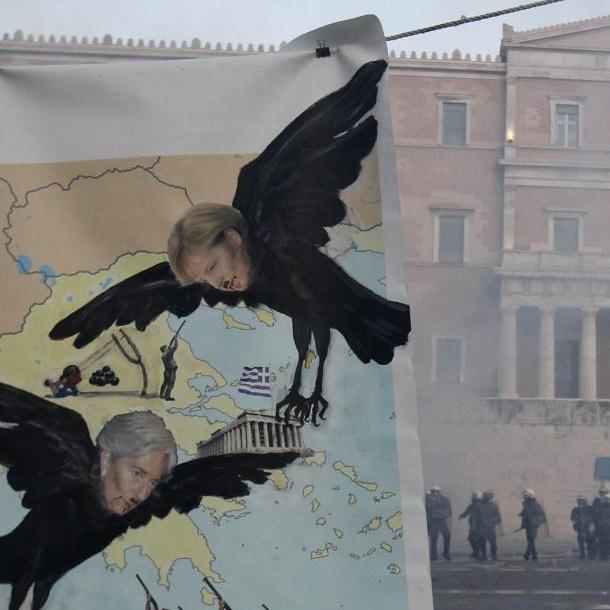(Foreign Affairs) As the Greek negotiating team was preparing its latest reform proposal for the country’s creditors, I was walking to the Montparnasse metro station in Paris on my way to the Council for European Studies conference held at Sciences Po. At the station, a woman my age was standing behind the ticket booth. In her attempt to help me buy the most appropriate tickets for the next three days, I (apologetically) revealed to her that I am Greek and that I do not speak French. When she heard the word “Greek,” she put her hand close to her heart and repeated the word in French with compassion and solidarity. She asked me to wait for a second. In 30, she came back with her own credit card, swiped it, and handed over to me the first of the three tickets saying: “This is from me. For Greece.”
It is besides the point that I did not personally need this form of solidarity. It was also of little matter that many of my compatriots would find this story depressing. What resonated in the moment was that this exchange was exactly what the founders of the European Union envisaged: a solidary group of European citizens living in peace and prosperity. […]
Read More © Foreign Affairs/Council on Foreign Relations









